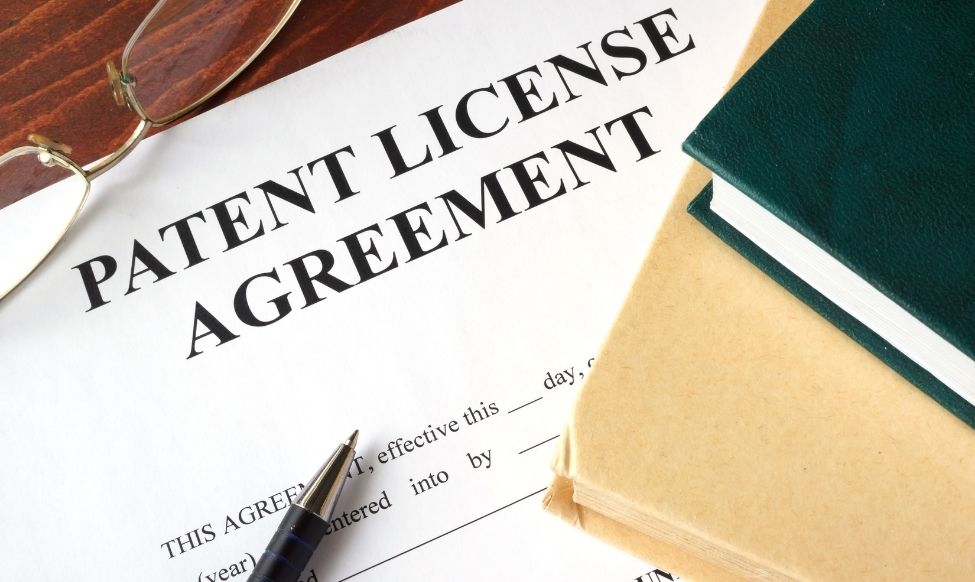If a primary purpose of the patent system is to encourage innovation and the disclosure of new ideas, should patent holders receive royalty payments once their patents have expired? The Supreme Court heard arguments on this question on March 31, 2015.
The case stems from a Spiderman string-shooting toy for which Stephen Kimble obtained a patent in 1990. Kimble brought a patent infringement suit against Marvel Enterprises Inc. several years later when the company began distributing a similar toy. After years of litigation, Marvel purchased the patent and agreed to pay royalties to Kimble. The agreement did not include an expiration date for the payment of royalties. The parties found themselves entangled in litigation once again a few years later when they disagreed over the payment of royalties to Kimble from a licensing agreement between Marvel and Hasbro Inc.
The magistrate in the case applied Brulotte v. Thus Co., a 1964 Supreme Court decision in which the Court held that the purchaser of a patent need not continue making royalty payments to the seller of the patent once the patent expired. Because by design patents have expiration dates, the Court determined, to compensate the patent seller would effectively extend the time limit of the patent beyond its expiration date. The Court granted Marvel’s motion for summary judgment, and Kimble appealed to the Ninth Circuit, where the decision was affirmed. In its decision, however, the Ninth Circuit noted that Brulotte has been heavily criticized.
In December 2014, the Supreme Court agreed to hear the case to determine whether Brulotte, which invalidated the royalty agreement between Kimble and Marvel, should be overruled. Arguments were heard this spring. Kimble’s argument focused on the Ninth Circuit’s apparent reluctance to invalidate the agreement based on Brulotte, presenting that decision as a relic of a past era in intellectual property rights. The opposition emphasized that in the decades of patent law decisions and changes in the decades since Brulotte, Congress never disturbed the outcome of that case.
Thus, the Court may decide to maintain the status quo—or usher in a new era in patent rights.
For more information:
Ronald Mann, “Argument analysis: Justices apparently dubios about overturning long-standing precedent on patent misuse.” SCOTUSblog, http://www.scotusblog.com/2015/04/argument-analysis-justices-apparently-dubious-about-overturning-long-standing-precedent-on-patent-misuse/ (Accessed May 17, 2015)
“Kimble v. Marvel.” Oyez U.S. Supreme Court Media, http://www.oyez.org/cases/2010-2019/2014/2014_13_720 (Accessed May 17, 2015)
Court documents: http://www.scotusblog.com/case-files/cases/kimble-v-marvel-enterprises-inc/ (Accessed May 17, 2015)

